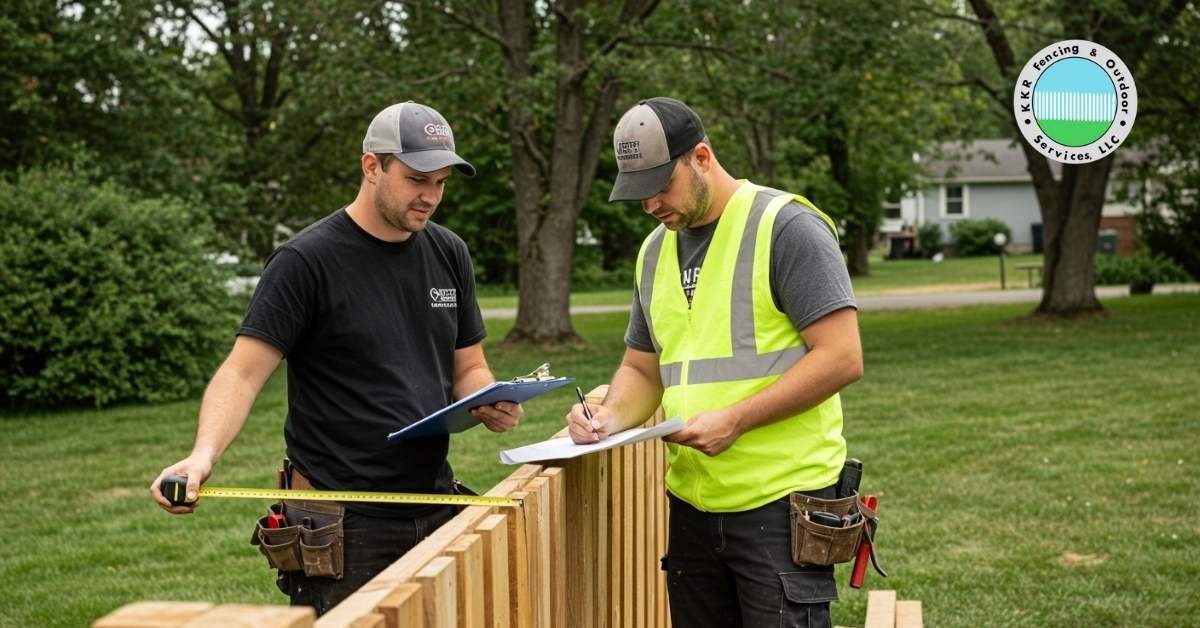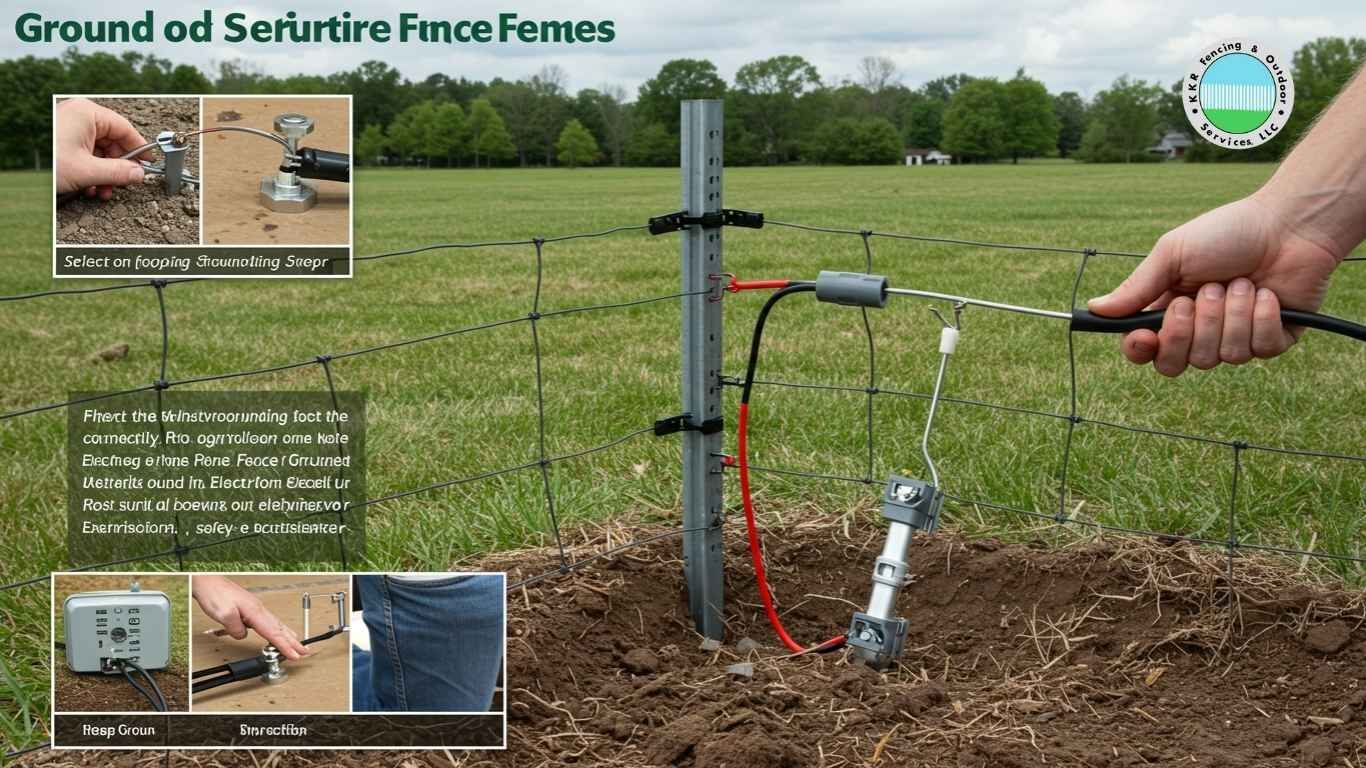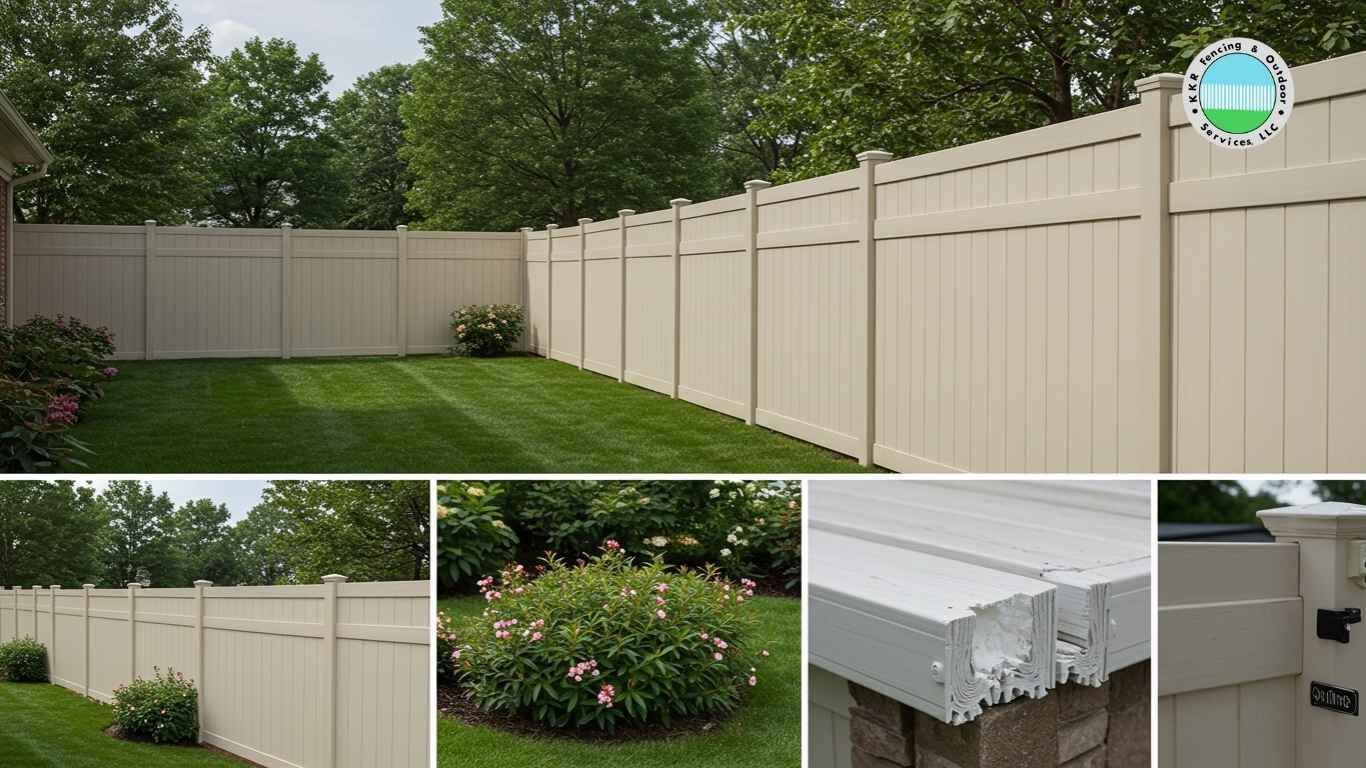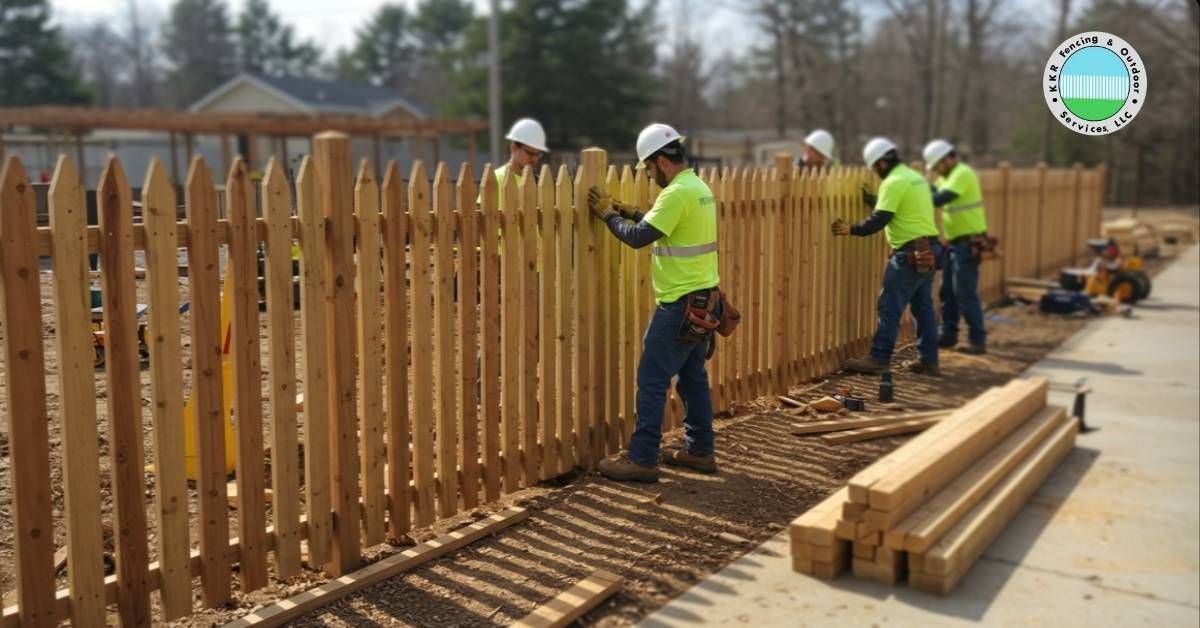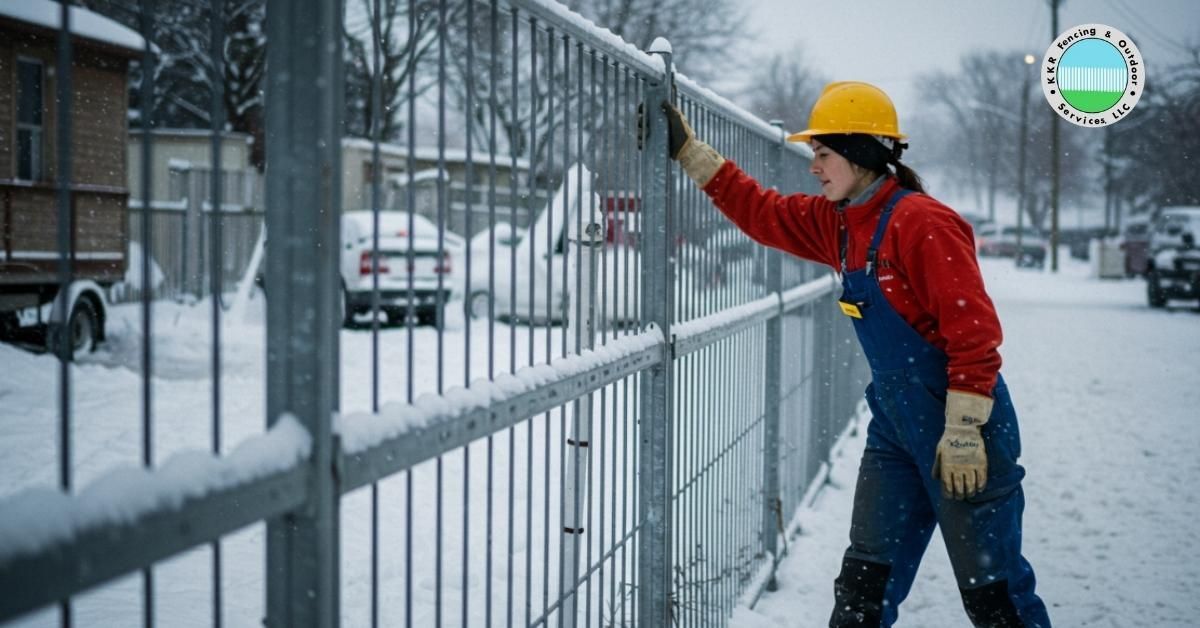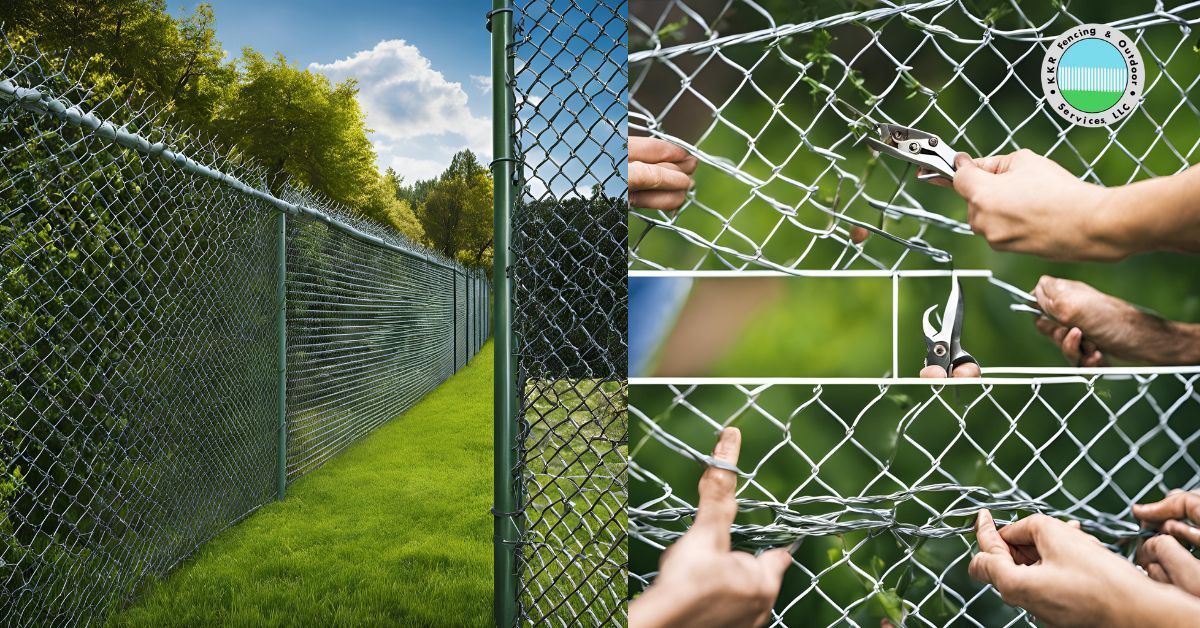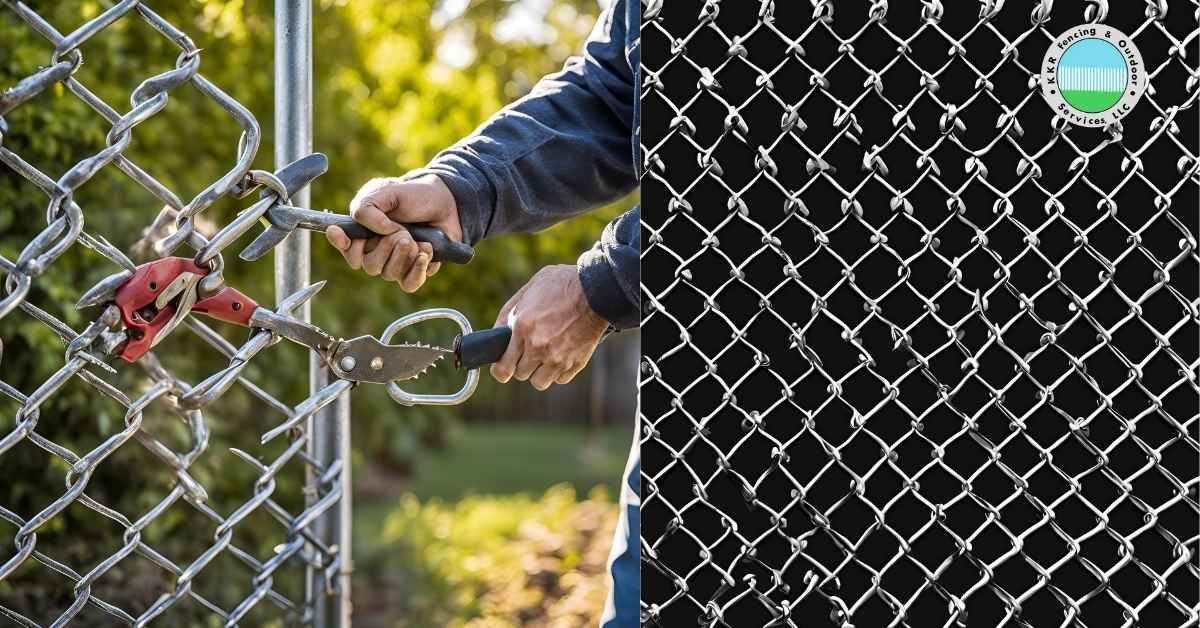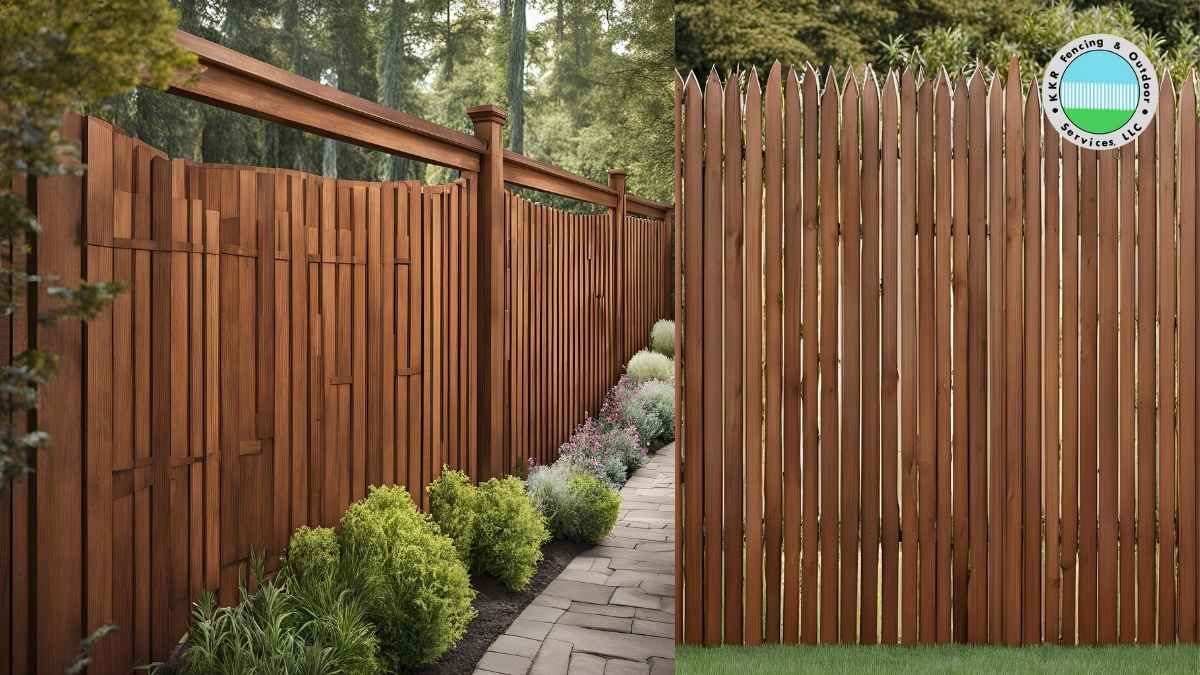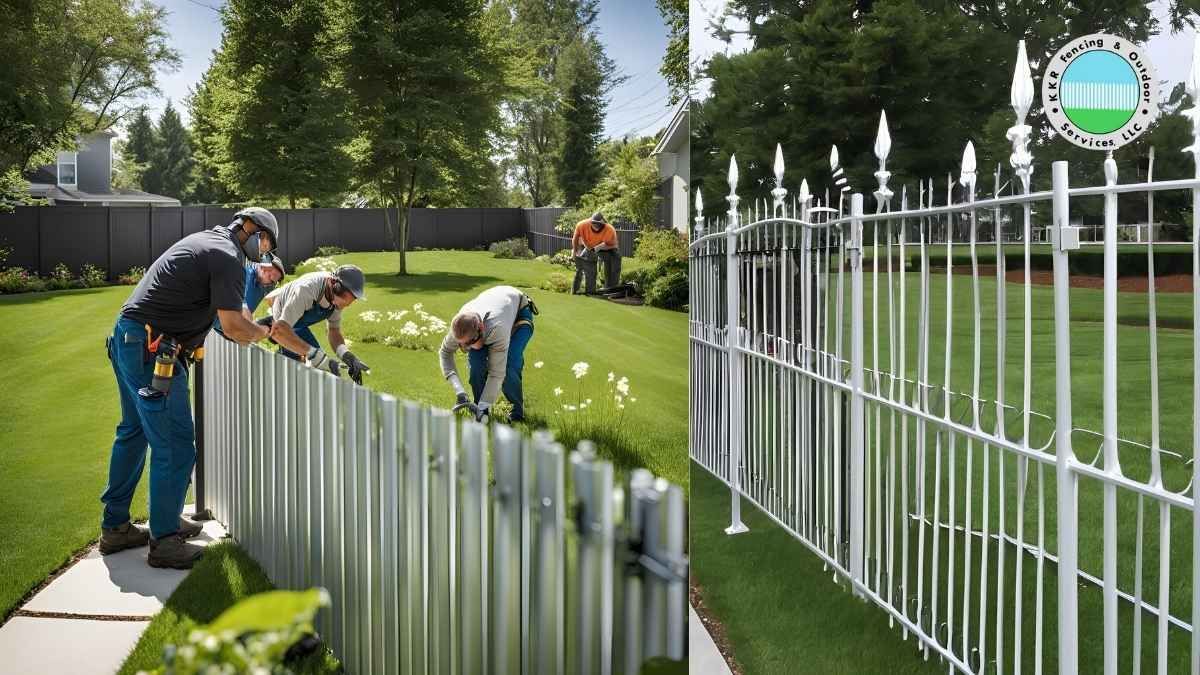Get Started On Your Fence Project | Call Today for a FREE Estimate
How to Clean Vinyl Fence
Vinyl fences have become a favored choice for their aesthetic appeal and minimal maintenance. However, regular care is essential to maintain their pristine condition and longevity. This guide provides you with advanced techniques and practical tips to ensure your vinyl fence not only looks great but also withstands the test of time.
Understanding the Durability and Care of Vinyl Fences
Vinyl fencing is highly valued for its durability and ease of maintenance. It resists weathering, decay, and insect damage, making it an excellent, long-lasting alternative to traditional fencing materials. Properly understanding the composition of vinyl helps in selecting the appropriate cleaning methods that will preserve the fence's integrity and aesthetic appeal.
Regular Maintenance for Vinyl Fences
Experts recommend regular cleaning, ideally every three to six months, to prevent the accumulation of dirt, grime, and organic matter. This routine maintenance not only keeps the fence looking new but also extends its lifespan by preventing the buildup that can lead to more significant issues.
Step-by-Step Cleaning Instructions
Light Cleaning with Water
Start with a simple rinse using a garden hose to remove loose surface dirt. This method is often sufficient for regular upkeep and quickly enhances the fence's appearance.
Using Soap and Water
For more persistent dirt, a gentle solution of mild soap mixed with water is recommended. Mix approximately a tablespoon of soap per gallon of water. Apply this solution using a soft cloth or sponge, gently working in sections to ensure thorough coverage. It's crucial to rinse the fence thoroughly afterward to avoid leaving any soapy residue which could attract more dirt.
Vinegar for Mold and Mildew
A solution of white vinegar diluted in water (about ½ cup vinegar to 1-2 gallons of water) serves as an effective, eco-friendly method to tackle mold and mildew. This natural cleaner not only safely cleans the surface but also helps prevent future growths.
Tackling Tough Stains
For challenging stains, consider specialized vinyl fence cleaners or a diluted bleach solution (one part bleach to five parts water). Use these potent solutions sparingly and always perform a spot test on a hidden area of the fence to ensure there is no discoloration or damage to the material.
Special Considerations for Vinyl Fence Cleaning
Choose cleaning products carefully to avoid damaging the vinyl. Harsh chemicals can degrade the material over time, while eco-friendly options help preserve the fence and are safer for the environment and your family.
Advanced Cleaning Techniques and Innovations
Recent innovations include the use of pressure washers, which, when used correctly with the right settings, can effectively clean vinyl without causing damage. These tools are particularly useful for large or exceptionally dirty fences but should be operated carefully to avoid concentrating too much pressure in one area.
Preventive Measures for Ongoing Vinyl Fence Care
The best strategy for maintaining a vinyl fence is regular care:
- Debris Removal: Regularly remove leaves and organic debris that can cause staining and moisture buildup.
- Trimming Vegetation: Keep bushes and vines trimmed back from the fence to improve air circulation and reduce mold risks.
- Protective Coatings: Consider applying a UV protective spray to help prevent discoloration and degradation from sunlight.
Signs of Irreversible Damage
Over time, your vinyl fence may exhibit signs that point to severe damage, which cleaning alone cannot address:
- Cracks and Breaks: Small fissures can often be repaired, but large cracks or broken sections typically indicate that a replacement is necessary.
- Discoloration: While minor staining is common and usually cleanable, extensive discoloration often suggests UV damage or material degradation, which might necessitate replacement.
- Deformation: If your fence boards appear twisted or bent, they may have been permanently damaged by heat or incorrect installation. Such deformities generally cannot be remedied by cleaning.
Evaluating Structural Integrity
The primary function of your fence is to provide security and privacy. Assessing its structural integrity is essential:
- Stability Test: Gently push against various sections of your fence. Excessive movement or instability could indicate foundational problems.
- Connection Check: Inspect the points where your fence connects to posts and the ground. Loose or damaged connections can compromise the entire fence structure.
If these tests reveal significant issues, it's time to consider your options for repair or replacement.
Weighing the Costs: Repair vs Replacement
Deciding whether to repair or replace your vinyl fence depends on several factors:
- Extent of Damage: If more than 30% of your fence is damaged, replacement is often more cost-effective than repairing.
- Age of the Fence: An older fence nearing the end of its expected lifespan will likely benefit more from replacement than ongoing repairs.
- Future Maintenance Costs: Consider the long-term maintenance costs. Frequent repairs might add up, making replacement a smarter financial decision in the long run.
Local Expertise
For those in delevan,ny and surrounding areas, KKR Fencing & Outdoor Services is a reliable resource for both fence repair and replacement. With extensive experience in vinyl fencing, they can help you determine the most practical and cost-effective solution for your fencing needs.
FAQs
How Often Should I Clean My Vinyl Fence?
Cleaning your vinyl fence every three to six months is ideal. Regular cleaning prevents the buildup of grime and makes subsequent cleaning efforts more manageable and more effective.
Can I Use Bleach on My Vinyl Fence?
Yes, but with caution. Bleach can be effective for removing tough stains but should be diluted (one part bleach to five parts water) and used sparingly. Always rinse thoroughly after application to prevent any potential damage to the vinyl.
What Are the Best Tools for Cleaning Vinyl Fences in 2024?
Use soft cloths, sponges, or brushes along with garden hoses or pressure washers set to appropriate pressure levels. Avoid abrasive tools that can scratch the vinyl surface.
How Can I Prevent Mold and Mildew on My Vinyl Fence?
Regular cleaning with a vinegar solution, maintaining good air circulation around the fence, and promptly removing organic debris can significantly reduce mold and mildew growth. Additionally, ensure landscaping does not direct water toward the fence.
Is It Safe to Use a Pressure Washer on a Vinyl Fence?
Using a pressure washer is safe if it's set to a low or medium setting. Choose the correct nozzle and maintain a proper distance from the fence to ensure the pressure is not too intense, which could damage the vinyl.
For reliable fencing services in New York, visit KKR Fencing NY.
If you’re looking to enhance your website’s SEO, connect with our partners at Pro Growe.
Call Now for a Free Estimate
We serve clients In Delevan, East Aurora, Erie County, Buffalo, NY And Beyond.
Nearby Location We Serve
Niagara Falls | Delevan | East Aurora | Erie County | Sanborn | Wheatfield | Tonawanda | Lockport | Basom | Indian Falls | Pembroke | Corfu | Darien Center | Batavia | Alexander | Attica Alden | Clarence | Warsaw | Arcade | Houghton | Springville | Gowanda | Dunkirk | Irving | Hamburg | Orchard Park |Blasdell | Amherst | Cheektowaga
All Rights Reserved | KKR Fencing & Outdoor Services LLC

